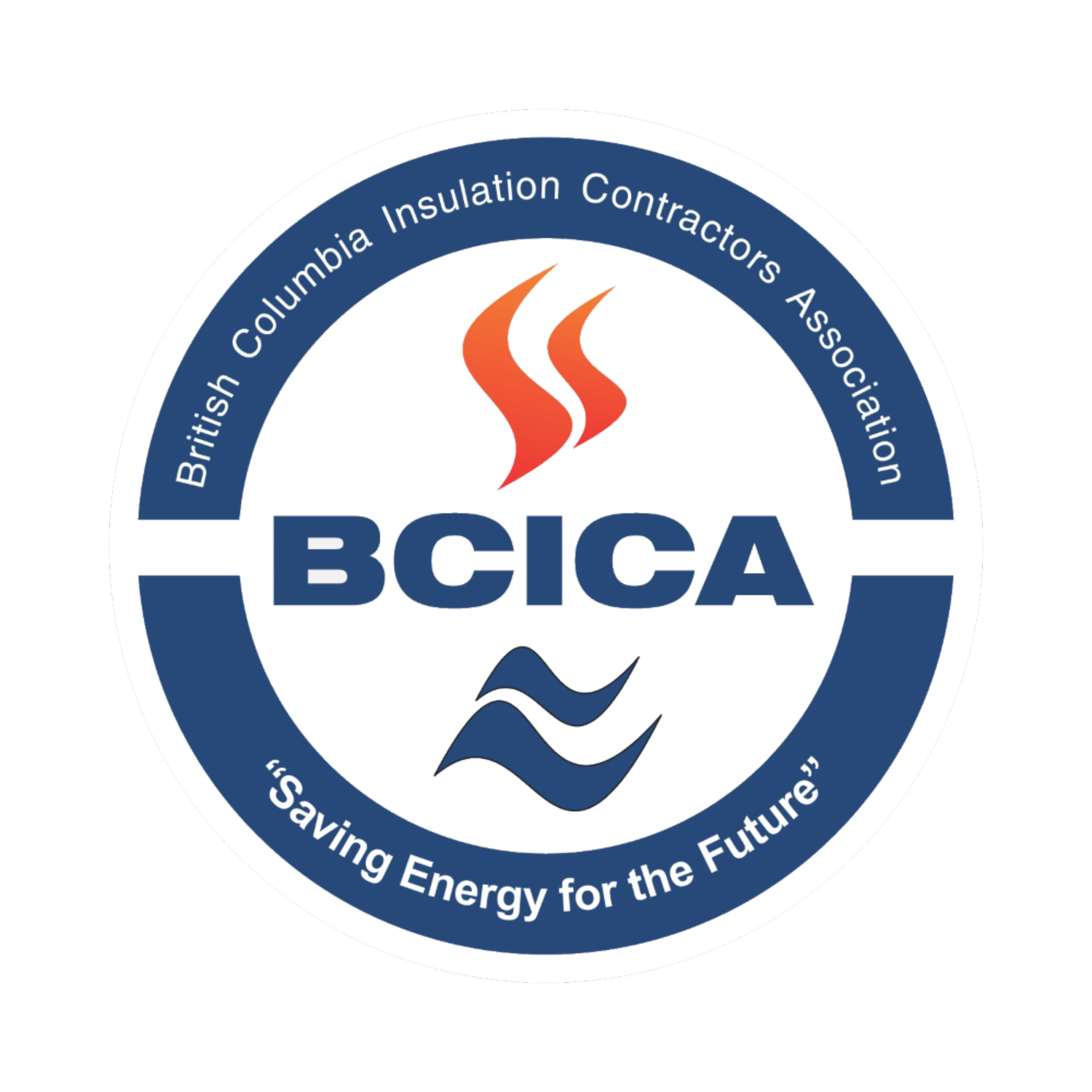Material Price Increases
Contractors should be aware that there is a trend happening with regard to material increases during 2021. There are a number of issues impacting construction materials ,including insulation, that contractors should be aware of as new projects are tendered. Metal prices have gone up 15% so far in 2021 with more increases to come, steel has increased which impacts all fastening devices, chemicals used to produce foam insulations have gone up so much that polyisocyanurate increased their price by 10% on Jan 1, 2021, another 10% in April and have cautioned that there will be another increase in 2021.
On the fibreglass side, we have seen a 5% increase in January and now this 8% for May. Every industry is facing the same challenges: raw material costs are escalating at alarming rates, transportation rates (both domestic and overseas) have, in some cases more than doubled (that’s if you can get a carrier when you need one), covid outbreaks in manufacturing plants have impacted productivity, energy costs are climbing, etc.
Light density fibreglass insulation is basically sold out in the US so we can expect material delays and more price increases for products like metal building insulation and duct wrap. Mineral wool board lead times are now stretched out to between 8 and 12 weeks, depending on the product. Pricing for mineral wool board has gone up for a second time already in 2021 with more likely to follow should demand continue to outpace supply.
We don’t know when things will settle down but contractors bidding jobs should be aware of the underlying influences that are going to impact their costs very soon. Our industry is going to experience some serious inflationary pricing in the coming months which means that the days of the annual increase in January seem to be out of play at the moment.
Reliable sources within the USA construction market have also expressed the same view. The expected economic rebound in the US is going to have a huge impact on material availabilities and as such, pricing and deliveries will be greatly impacted.
As a precaution, some local contractors have increased all materials by 10% and they will continue to monitor over the next 6-9 months. This may only result in about a 5% increase to most of piping projects (even less for wrap as it’s a smaller ratio).
BCICA encourages all contractors to keep in touch with their suppliers, distributors and manufacturers to ensure that any potential increases are included and material availability is secured so that contractors are not caught short on future projects.
